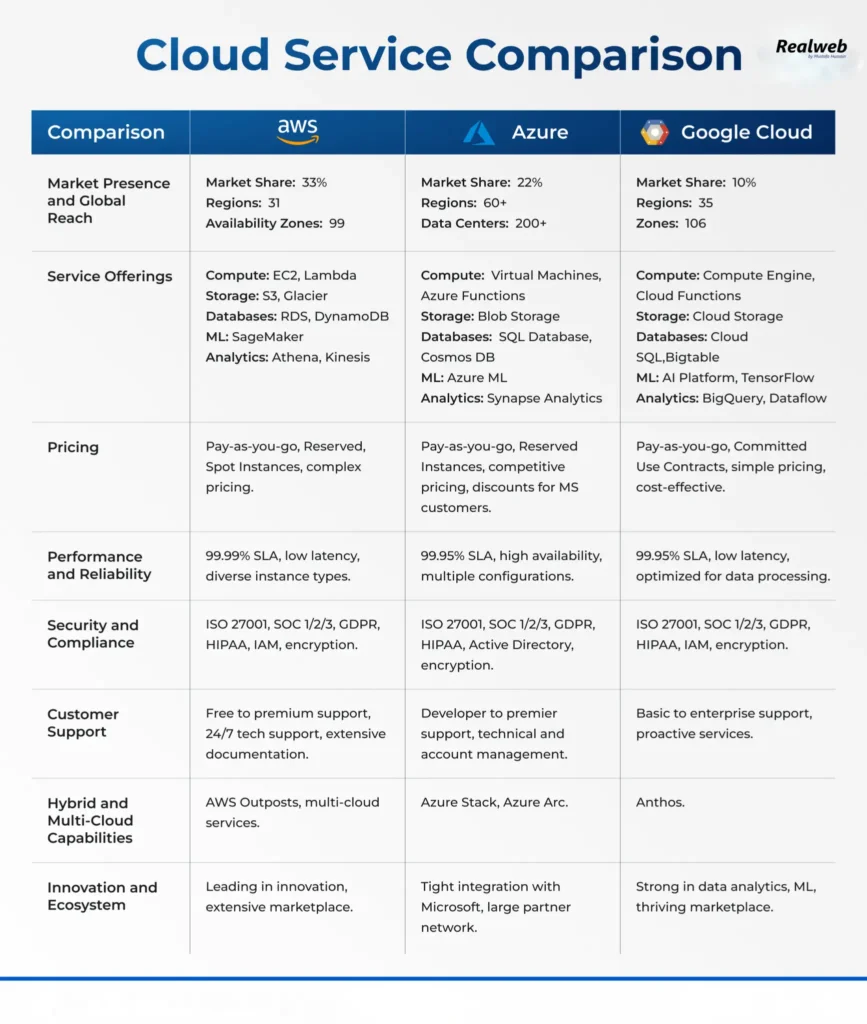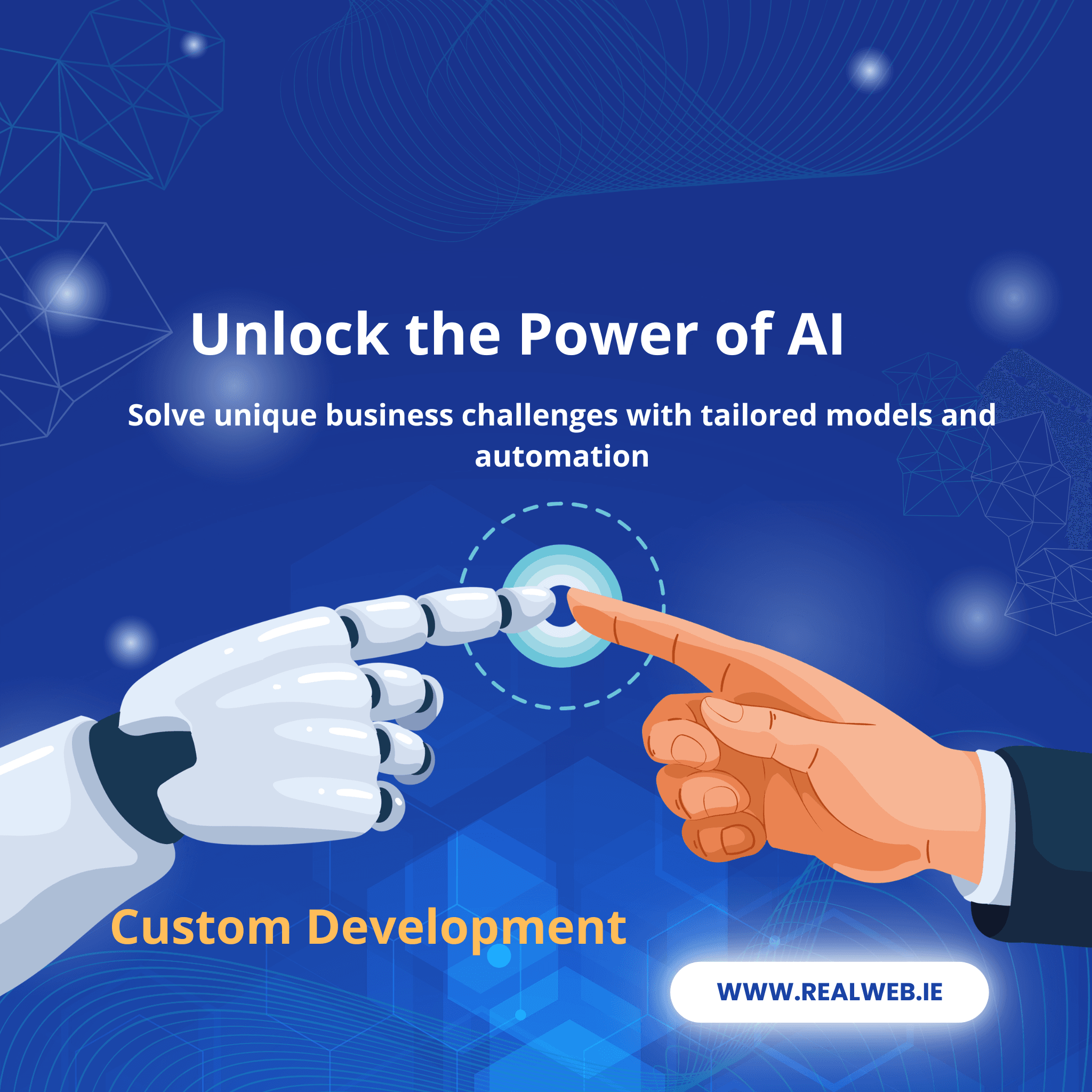Cloud computing refers to the use of hosted services such as servers, databases, networking, software, and data storage through the Internet. These services are managed by a cloud provider who oversees the physical infrastructure where the data resides. Cloud computing enables on-demand access to various computing resources—like processing power and storage—without the need for direct user management.
With the rise of cloud computing, there has been significant growth in cloud-based IT services and applications worldwide. Today, nearly every application we use operates on the cloud, helping us save on costs, time, and storage space.
Cloud Computing Architecture
Cloud computing enables data storage online, making files accessible from anywhere with an internet connection. Key categories of cloud services include:
- Infrastructure-as-a-Service (IaaS)
- Platform-as-a-Service (PaaS)
- Software-as-a-Service (SaaS)
There are three types of cloud deployment models: private, hybrid, and public. The architecture divides into two layers:
- Front-end layer: Provides data access through cloud-based applications.
- Back-end layer: Ensures secure data storage.
Middleware on central servers facilitates connectivity across devices linked to the cloud.
In today’s digital landscape, cloud computing is essential. It offers scalable resources, cost efficiency, and adaptability—traits traditional IT setups struggle to match. Leading providers in the field, such as Amazon Web Services (AWS), Microsoft Azure, and Google Cloud Platform (GCP), each have unique strengths for various business needs.
Table of Contents
ToggleOverview of Cloud Service Providers (CSPs)
CSPs provide essential online services—processing power, storage, networking, databases, AI, and more—via the internet. By utilizing these resources, companies can avoid substantial upfront costs and the complexities of managing physical infrastructure.
1. Amazon Web Services (AWS):
Launched in 2006, AWS offers a vast range of services like machine learning, analytics, storage, and IoT. With data centers worldwide, AWS provides a robust infrastructure supporting global needs.
2. Microsoft Azure:
Since its inception in 2010, Azure has offered cloud services across computing, networking, and analytics. Its integration with Microsoft’s suite of enterprise tools makes Azure ideal for businesses leveraging Microsoft technologies.
3. Google Cloud Platform (GCP):
Debuting in 2008, GCP utilizes Google’s infrastructure, powering services like YouTube and Google Search. Known for strengths in open-source, machine learning, and analytics, GCP is a top choice for businesses focusing on data-driven insights.
Comparing these CSPs can help organizations choose the best platform to fit their specific goals.
Comparison Criteria
Let’s evaluate the three cloud service providers based on several essential factors:

Market Presence and Global Reach
| AWS | AWS is projected to secure around 33% of the cloud market share, an achievement unmatched by any other provider. Its extensive reach spans 99 Availability Zones across 31 regions globally, with plans for further expansion. This expansive network positions AWS as a leader in delivering low latency and high availability to customers across the world. |
| Azure | Microsoft Azure is the second-largest provider with about 22% of the global market..With over 200 data centers across more than 60 regions, Azure has a vast reach that allows it to deliver rapid, highly reliable service to its customers worldwide. Its extensive network of data centers ensures fast response times and excellent redundancy. |
| Google Cloud | While Google Cloud may be the smallest of the top three cloud providers, it has been expanding its market share rapidly, now holding about 10% of the total market. Globally, Google Cloud Platform (GCP) operates across 35 regions and 106 zones. Although its reach is not yet as extensive as AWS or Azure, Google Cloud is making significant investments to grow its infrastructure footprint. |
Service Offerings
| AWS | AWS offers an extensive array of over 200 fully-featured services across various domains like computing, storage, databases, networking, analytics, machine learning, IoT, and security. Here are some core services in each category:
These services provide robust solutions for diverse business needs, making AWS a versatile choice for cloud solutions. |
| Azure | Azure provides a comprehensive range of services, closely matching AWS in both scope and capabilities. Its offerings include:
This diverse array of tools makes Azure a strong contender for various cloud-based solutions. |
| Google Cloud | Google Cloud Platform (GCP) offers a robust suite of services designed for data analytics and machine learning. Here are some essential categories and services:
|
Pricing
| AWS | AWS has a pay-as-you-go model of pricing. It includes On-Demand, Reserved Instances, and Spot Instances. There is a pricing calculator on AWS that would help the customers have an estimation of the cost to be paid. However, it is accompanied by a complex pricing structure where costs may increase with an increase in usage. |
| Azure | It also comes with a pay-as-you-go model for Azure, including Reserved Instances and Spot Instances options. There are pricing calculators and cost management tools available in Azure that make tracking expenses easy and handy for the customer. The pricing structure for Azure is very competitive, and it will mostly offer discounts for existing Microsoft customers and Enterprise Agreement holders. |
| Google Cloud | GCP has simple and transparent pricing. It has pay-as-you-go pricing, Committed Use Contracts, and sustained use discounts. Overall, the pricing model of Google Cloud is very simple. It also provides a pricing calculator to aid cost estimation. GCP generally comes under great appreciation where cost-effectiveness is concerned, particularly in data-intensive workloads. |
Performance and Reliability
| AWS | AWS has earned its reputation for high performance and reliability. At the core of everything AWS does is a robust, globally spread infrastructure that delivers high availability and low millisecond latency. AWS provides SLAs with 99.99% availability for most services. The wide range of instance types and configurations that the platform provides to customers enables the optimization of performance based on specific needs. |
| Azure | Through a redundant global network of data centers and SLAs, Azure can provide high performance and reliability. Many of the services provided have an uptime guarantee of 99.95% through the Azure SLA. The Azure infrastructure makes it easier to provide high availability and reduce latency. It also has many instance types and configurations for meeting varied performance requirements. |
| Google Cloud | GCP is known for its high performance, especially concerning data processing and analytics. This expertise in running large-scale and, at the same time, efficient data centers is utilized by Google to ensure reliability along with low latency. GCP provides SLAs with 99.95% availability for most services. This focus on innovation and optimization at the platform level helps deliver reliably high performance. |
Security and Compliance
| AWS | AWS has a robust suite of security tools and services for security. It adheres to a wide range of compliance programs, such as ISO 27001, SOC 1/2/3, GDPR, HIPAA, and more. AWS includes IAM, encryption, network security, threat detection, and more. Centralize the security management using AWS Security Hub. |
| Azure | It has strong security features, compliance certifications like ISO 27001, SOC 1/2/3, GDPR, HIPAA, and, of course, Azure security services like Azure Active Directory, Encryption, Network Security, Threat Intelligence, and Azure Security Center for an overview of security across all services. |
| Google Cloud | GCP focuses on security and compliance. Therefore, it complies with standard frameworks of ISO 27001, SOC 1/2/3, GDPR, and HIPAA, among others. Security features in Google Cloud are very strong because of its identity and access management, encryption, network security, and threat detection. Its Security Command Center brings all security to a central point of visibility with control of the security of all services. |
Customer Support
| AWS | It has different support plans, which range from basic free support to premium enterprise support. Among the plans are technical support available 24/7, dedicated account management, proactive monitoring, and so much more. AWS also provides extensive documentation, many training resources, and a big community of users and partners. |
| Azure | It has support plans: developer, standard, professional direct, and premier. This set of plans provides differential access to technical support, account management, and advisory services. Besides, Azure has broadened its documentation, training programs, and community network. |
| Google Cloud | There are a couple of support plans on GCP, which are Basic, Development, Production, and Enterprise Support. The plans put much focus on technical support, account management, and proactive services. There is extensive documentation, training resources, and a rich community of users and partners. |
Hybrid and Multi-Cloud Capabilities
| AWS | AWS has strong hybrid cloud solutions with AWS Outposts, which brings AWS infrastructure and services on-premises to customer data centers. It also supports multi-cloud environments through services like AWS Transfer Family and AWS CloudFormation, which make integration and management seamless across different cloud environments. |
| Azure | Azure is very powerful in hybrid cloud capabilities, most especially via Azure Stack, which brings Azure services on-premises. Azure Arc supplements the many-cloud and hybrid management capabilities of Azure services and management, now available not only on-premises but also across multi-cloud and edge environments. |
| Google Cloud | GCP provides hybrid and multi-cloud solutions using Anthos, giving customers the capabilities to run their applications on-premises, in GCP, and other cloud environments. Anthos enables a common development and operations experience that makes multi-cloud and hybrid integration seamless. |
Innovation and Ecosystem
| AWS | AWS has been leading the innovation on clouds, continuously introducing new services and features to customers. One of the deep ecosystems of this platform includes a large marketplace of third-party applications, integrations, and services. Some of the key focuses of AWS are innovation for their customers to access the latest technologies and solutions. |
| Azure | Azure is known for its tight integration with the wide breadth of Microsoft’s software ecosystem makes it seamless to businesses that are largely Microsoft shops. It is also an aggressive innovator, very frequently coming out with new services and features. This large partner network and marketplace provide access to a great variety of third-party solutions. |
| Google Cloud | It is deeply entrenched in data analytics, machine learning, and open-source technologies that foster innovation along these lines. Google brings deep knowledge about large-scale infrastructure and processing of data to GCP. Further, the ecosystem within the platform has a thriving marketplace of third-party applications and services for innovation and collaboration. |
Conclusion
Each of the three cloud providers brings unique strengths to the table. AWS stands out for its extensive service catalog, worldwide coverage, and strong infrastructure, making it a leader in the space. For businesses deeply integrated with Microsoft products, Azure offers seamless integration and advanced hybrid solutions. Google Cloud, on the other hand, excels in data analytics, machine learning, and open-source tools, making it a smart choice for data-centric and innovative projects.
The ideal choice depends on specific business requirements—current technology stack, budget, performance needs, and essential features. Many businesses may find a multi-cloud strategy beneficial, leveraging the strengths of different providers to maximize efficiency.
In the evolving world of cloud technology, AWS, Azure, and Google Cloud are likely to continue expanding and refining their offerings, enabling new opportunities for businesses at every turn.








